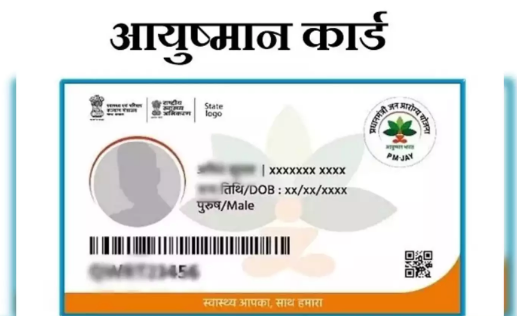Rahul Gandhi: A Profile
Rahul Gandhi, born on June 19, 1970, is a prominent Indian politician and a member of the Indian National Congress (INC). He hails from the influential Nehru-Gandhi family, which has been a key player in Indian politics since its independence. Rahul Gandhi is the son of Rajiv Gandhi, a former Prime Minister of India, and Sonia Gandhi, who has also served as the president of the Indian National Congress.
Rahul Gandhi’s early education was completed abroad, including stints at Rollins College in Florida and Cambridge University in the United Kingdom. His entry into Indian politics was somewhat gradual. He officially joined the Congress party in 2004 and was elected to the Parliament in the same year. Over the years, Rahul has held various positions within the party, including the vice-president and, later, the president of the Congress party.
However, Rahul Gandhi has faced criticism for what some perceive as a lack of consistent and decisive leadership. He has often been seen as more comfortable working behind the scenes, and his public speaking and political strategies have been scrutinized. Despite facing criticism, he has been an integral part of the Congress party’s strategy and has played a significant role in shaping its policies.
One of the key challenges for Rahul Gandhi has been to redefine and rejuvenate the Congress party, which has faced a decline in its political fortunes in recent years. He has been vocal on issues such as social justice, economic inequality, and youth empowerment. His leadership style has been a subject of discussion, and critics argue that his approach lacks the assertiveness needed for effective leadership.
In terms of policy, Rahul Gandhi has focused on pro-poor initiatives and has advocated for policies that address the concerns of farmers and laborers. His stance on economic issues often emphasizes inclusive growth and social justice. Additionally, he has been an advocate for greater internal party democracy, calling for more transparent processes in candidate selection and party decision-making.
Despite facing electoral setbacks, Rahul Gandhi continues to be a prominent figure in Indian politics. His role in shaping the Congress party’s future and his stance on key policy issues will likely continue to be subjects of discussion in the political landscape.
Narendra Modi: A Profile

Narendra Modi, born on September 17, 1950, is a prominent Indian politician and the current Prime Minister of India. He is a member of the Bharatiya Janata Party (BJP) and the Rashtriya Swayamsevak Sangh (RSS), a right-wing Hindu nationalist paramilitary volunteer organization. Modi comes from a humble background, born into a family of grocers in Vadnagar, Gujarat.
Modi’s early involvement in politics was as a member of the RSS, where he rose through the ranks. His entry into mainstream politics occurred when he joined the BJP. Modi’s political career in Gujarat gained significant momentum when he became the Chief Minister of the state in 2001. During his tenure, Gujarat experienced rapid economic growth, but it was also marred by the controversial handling of the 2002 Gujarat riots, which led to criticism of Modi’s administration.
In 2014, Narendra Modi led the BJP to a historic victory in the general elections, securing a majority and becoming the Prime Minister of India. His leadership style is often characterized by a strong emphasis on economic development, nationalism, and a pro-business approach. Modi’s administration launched several ambitious initiatives, including “Make in India,” “Swachh Bharat Abhiyan” (Clean India Mission), and the “Goods and Services Tax” (GST).
However, Modi has faced criticism on various fronts. Critics argue that his government has been accused of undermining democratic institutions, suppressing dissent, and promoting a divisive political agenda. The controversial decisions, such as the demonetization in 2016 and the implementation of the Citizenship Amendment Act (CAA) and the National Register of Citizens (NRC), have sparked heated debates and protests across the country.
Internationally, Modi has played a significant role in shaping India’s foreign policy, emphasizing economic diplomacy and strengthening strategic partnerships. His leadership during the COVID-19 pandemic and the management of the crisis in India have also been subjects of discussion and debate.
In terms of economic policy, Modi has focused on initiatives to boost economic growth, improve infrastructure, and promote digitalization. The “Goods and Services Tax” (GST) was a major economic reform aimed at simplifying the tax structure and promoting a unified market.
In conclusion, both Rahul Gandhi and Narendra Modi are influential figures in Indian politics, each with their own set of strengths, weaknesses, and policy approaches. Their leadership styles, political ideologies, and visions for the future of India continue to shape the country’s political landscape. The ongoing dynamic between these two leaders and their respective parties will undoubtedly influence the trajectory of Indian politics in the years to come.






